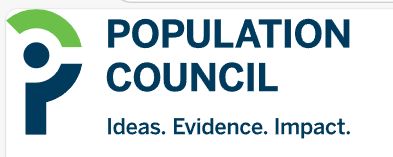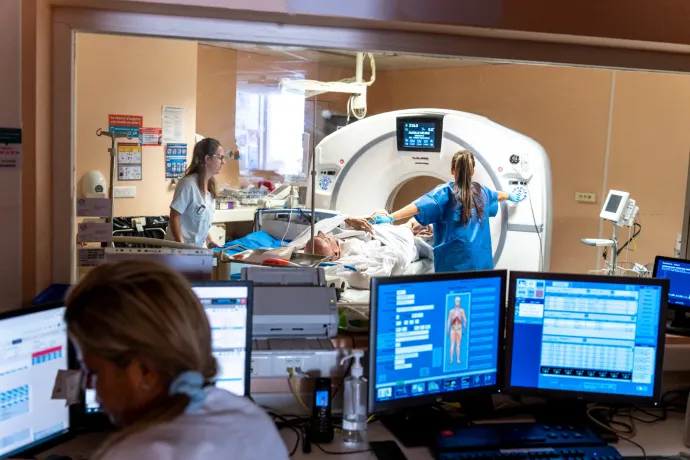2023.09.19. 13.00-kor; T.4.23.
Cím: University Peers and Career Prospects: The impact of university ties on early labor market outcomes
Absztrakt:
By using extensive Hungarian administrative data, this study aims to provide empirical evidence that former university ties strongly influence the labour market outcomes of individuals, even early in their careers. The estimates focus on the early career paths of graduates who obtained a master’s degree between 2010 and 2017. As direct information on social contacts is not available in the dataset, we proxy university peers as students who started and finished the same university programmes (bachelor’s or master’s) in the same semester. Our results suggest that individuals are more likely to get hired by given firms if their former peers work there. The measured effects are considered significant and quite robust, even after controlling for the important sources of potential bias. Although we cannot present exact proof of the direct help of contacts, we provide suggestive evidence that seems to confirm the existence of such assistance. Our findings also revealed that the measured benefits are mainly attributable to connections from bachelor’s studies. The effect of master’s peers is mostly driven by the selection of individuals alongside prevalent study track-firm pathways. By comparing entries into new firms with and without peers, we also show that graduates with links have better labor market outcomes after hiring: they earn higher wages, obtain better and more prestigious positions, and stay longer at their new firm. The results draw attention to the importance of university peers in the labour market and contribute to the discussions about the determinants of early labour market success.
Az előadásra hibrid formában kerül sor zoom felületen, illetve személyesen a T4.23-as szemináriumi szobában 2023.09.19-én, kedden, 13.00 órától.










